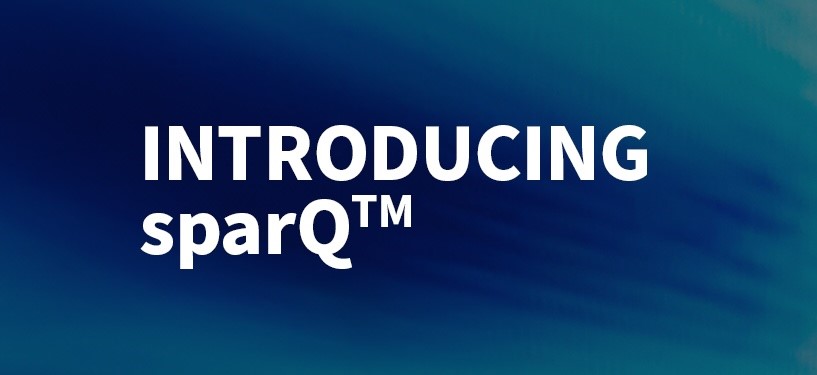The pandemic has, in many ways, been a wakeup call. With burnout and stress at an all-time high, employees are calling for greater autonomy over where and when they work, and questioning whether their work matters, if they truly belong in their cultures, and if their organization’s purpose aligns with their individual purpose.
“You have to run your company as if every employee has one foot out the door. It’s time to ramp up your Employee Experience program, focus managers on listening and supporting people, and seriously invest in career pathways and internal growth for your staff,” explains HR thought leader Josh Bersin.
Leaders, along with balancing their personal response to this crisis, have discovered they need to take care of their people and organization in different ways. The heightened societal consequences of their decisions, coupled with uncertainty and rapid change, are a lot to navigate.
“The ability to simplify in the middle of complexity, inspire when there’s little hope, build relationships when there is distrust, build bridges when things have fragmented, change people when people don’t want to change. All those skills are not in the technical manual,” shared one leader in the recent Institute of Coaching’s “Leading with Humanity: The Future of Leadership and Coaching” report.
As a result, more and more organizations are providing coaching to support their employees, develop their leaders, navigate change and disruption, and help transform their cultures. Despite this increased focus on coaching, there are still several myths about it that prevent both employees and their organizations from getting the most out of a coaching engagement. To help you prevent leaving potential benefits on the table, let’s explore some common myths.
Read Debunking 5 Myths About Coaching here.
___




